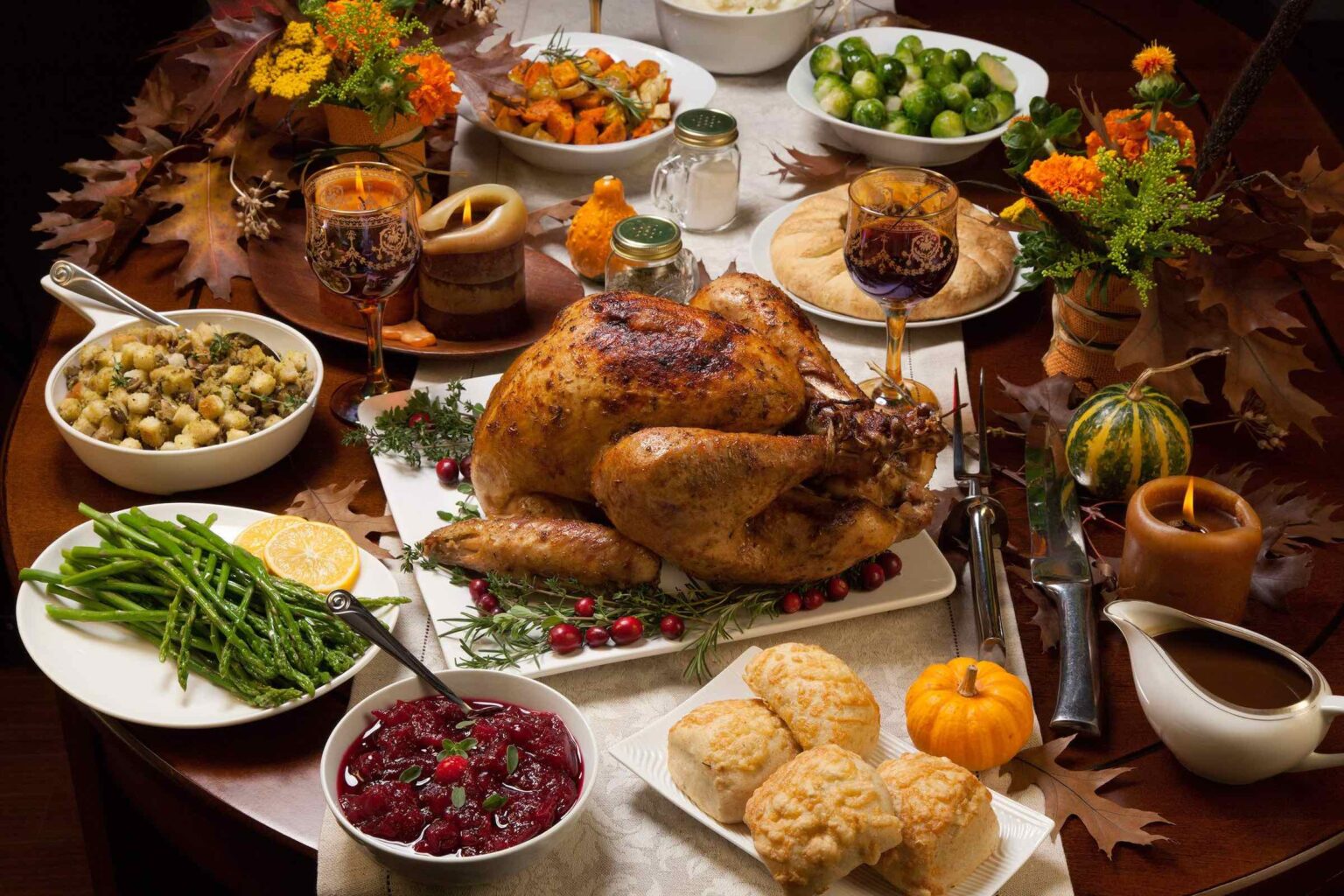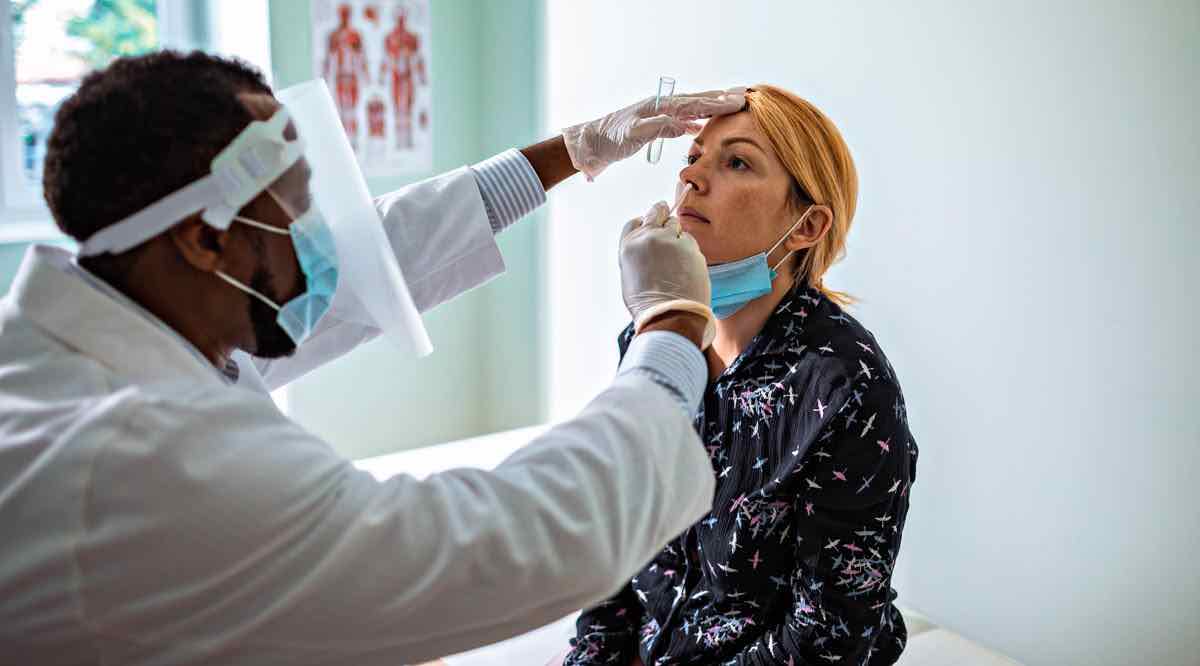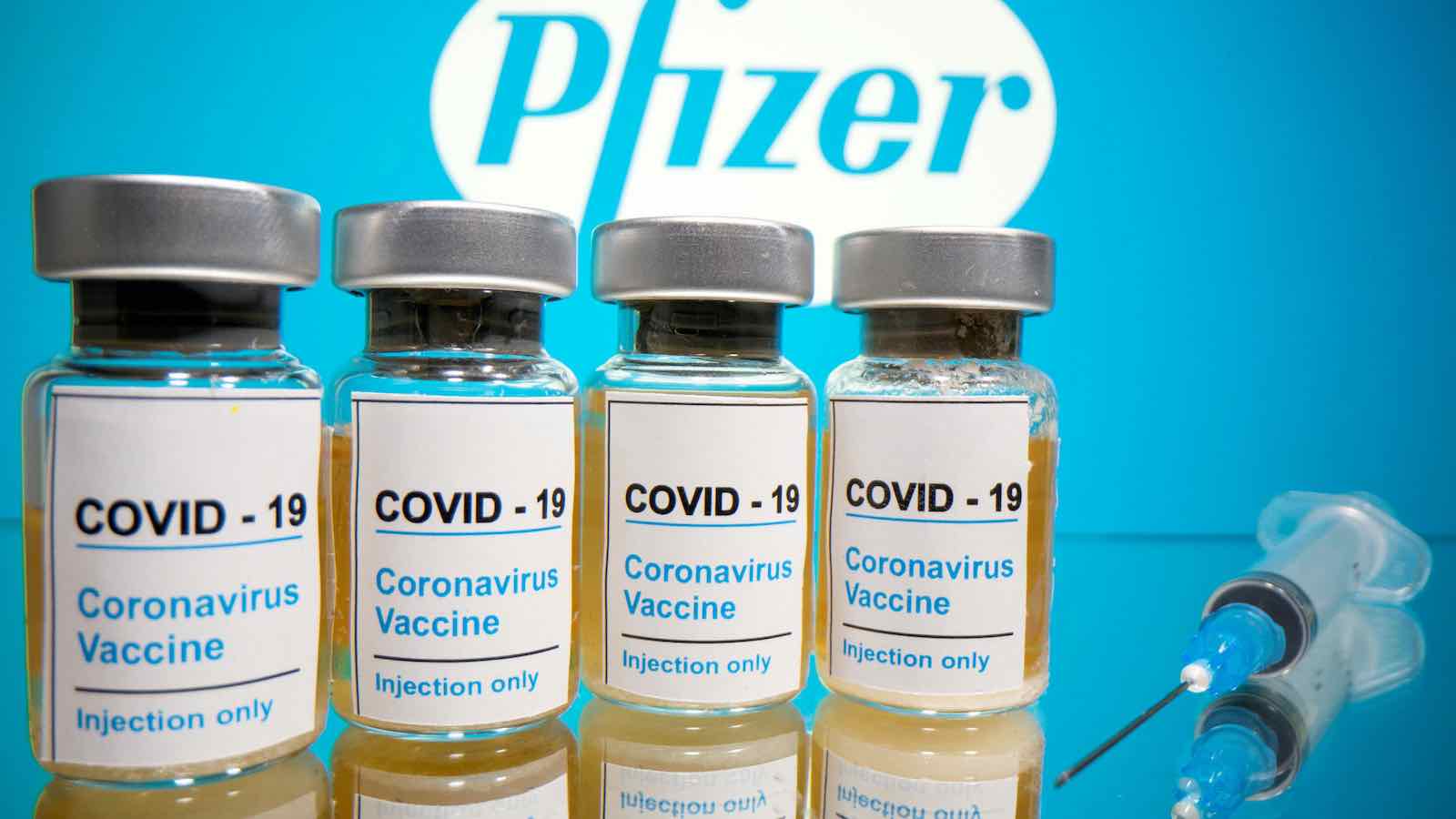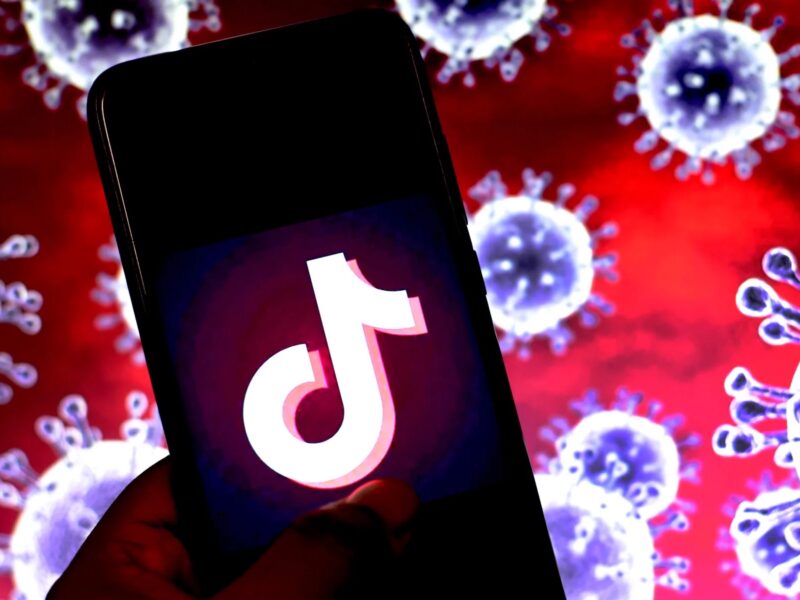
Can you see your family this holiday season? What CDC guidelines say
With the holidays quickly approaching this year, we’re all facing some fears about oncoming coronavirus outbreaks and the safety of our families. If you’re trying to figure out your holiday plans, learn about safety measures & regulations. Here’s what the CDC is saying about family gatherings & social distancing.

CDC guidelines
Most of the guidelines are what they’ve been recommending all along. They recommend requiring masks, washing hands, shortening dinnertime, lowering the number of guests, holding outdoor gatherings, increasing ventilation, socially distance six feet away from others, using hand sanitizer with at least sixty percent alcohol, avoiding direct contact, and avoiding speaking too loud or singing, as it can raise the chance of exposure.
When it comes to eating & drinking, the CDC recommends using single-use utensils & disposable items and bringing your own food & drinks to lessen the chance of cross-contamination. They also recommend speaking to guests ahead of time to lay down the rules prior to the holiday.
The CDC also recommended people be wary of those who travel and to check community levels of infections if you’re traveling to a different city or state. The CDC especially recommends not joining gatherings if you’re at a higher risk & more vulnerable due to illnesses or age.

Alternate Thanksgiving
Rather than canceling the holiday, the CDC gave many guidelines for those who decide to have a gathering. Fast Company spoke to the CDC’s public affairs specialist Belsie González who said, “Each family will have to make their own decisions, and we provide prevention options for those who still decide to engage in events of higher risk”.
However, the CDC also gave recommendations for those who decide to only have Thanksgiving with those in their household. For example, you can hold a virtual Thanksgiving with other family members or you can enjoy indoor activities, like watching movies, playing games, or catching a football game.

What the experts say
Experts are less enthusiastic about the guidelines, as many have critiqued the CDC’s guidelines as not being strict enough for the potential superspreader holiday. Fast Company spoke to scientists & doctors about their opinions on the guidelines, and many thoroughly believe Thanksgiving could become a superspreader event. Canada, for example, celebrates Thanksgiving in October, and the holiday led to outbreaks.
However, some thought the CDC gave loose guidelines out of the idea people wouldn’t follow stricter rules. Nevertheless, the published guidelines don’t cover many key concerns experts have, including college students returning home, the critical need for ventilation, and the risks of travel, according to Fast Company. In addition, the guidelines were published too late to warn people to quarantine before the holiday.
Many experts think the guidelines were far too generic to actually be helpful for people, especially because they don’t convey the seriousness of the virus. A few things the experts recommend that were not included in the CDC’s response include getting tested, getting a flu shot, and traveling by car, according to Fast Company.

FILE PHOTO: Vials with a sticker reading, “COVID-19 / Coronavirus vaccine / Injection only” and a medical syringe are seen in front of a displayed Pfizer logo in this illustration taken October 31, 2020. REUTERS/Dado Ruvic/Illustration/File Photo
Current state of the U.S.
Cases have been rising across the U.S., with nearly every state on the rise in infections, hospitalizations, & deaths. Many states are now issuing mask mandates in response to the rapidly rising cases. The most affected states are North Dakota, South Dakota, Iowa, Wyoming, & Wisconsin, which are all rising in reported cases & deaths, according to The New York Times.
Jails have also been hit with cases, with 252,000 infections and at least 1,450 deaths of inmates & correctional officers, according to The New York Times. Responses have reportedly been uneven when it comes to responses from officials, which have frightened inmates, according to the Times.
However, two promising vaccines could be coming shortly. Both Pfizer & Moderna have announced their vaccines looked promising for stopping COVID-19. Moderna revealed their vaccine was 94.5% effective, while further research showed Pfizer’s vaccine was 95% effective, according to the Los Angeles Times.







